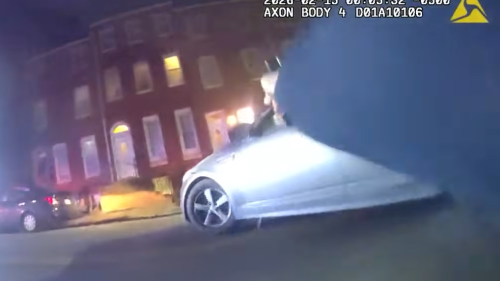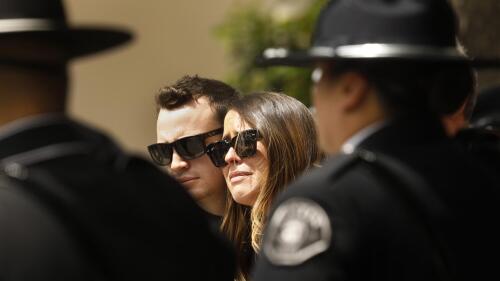ARLINGTON, Texas — The Arlington Police Department announced a major expansion of its Drone as a First Responder program, according to a department news release.
Originally launched to assist with fireworks-related calls during major holidays like the Fourth of July and New Year’s Eve, the DFR program now supports a broader range of in-progress emergencies, including burglaries, assaults and missing persons, according to the release. Trained APD personnel who are certified drone pilots can deploy drones from strategic locations to quickly assess active scenes and provide live aerial intelligence to responding officers.
Because drones can often navigate the city faster than patrol vehicles, the department says this capability helps officers locate suspects more efficiently, make better-informed decisions and enhance both officer and public safety.
A major component of the program’s expansion includes APD receiving a rare Beyond Visual Line of Sight waiver from the Federal Aviation Administration — making it one of the first departments in the country authorized to fly drones remotely beyond the pilot’s direct line of sight. This allows drone operations to be conducted from APD’s Real Time Crime Center, where personnel can control the aircraft and coordinate responses in real time.
APD has now deployed drone docks at two undisclosed locations across Arlington. These stations allow drones to be launched immediately by RTCC personnel. The drones have a flight radius of up to 1.5 miles and can reach speeds of up to 50 mph.
“I want to be clear that DFR does not replace our traditional police response,” said Police Chief Al Jones. “But this technology presents significant opportunities for us to better serve our community, which is why we are embracing it. The faster we can put eyes on a situation, the safer the outcome for everybody.”
To address community concerns and protect privacy, APD has implemented strict operational policies and safeguards:
- Drones are prohibited from general surveillance or random monitoring.
- Video recording only begins at a scene when there is a valid law enforcement reason.
- All flights are logged and documented, with records subject to audits.
- A biennial report detailing all drone use is publicly available on the APD website in compliance with state law.






